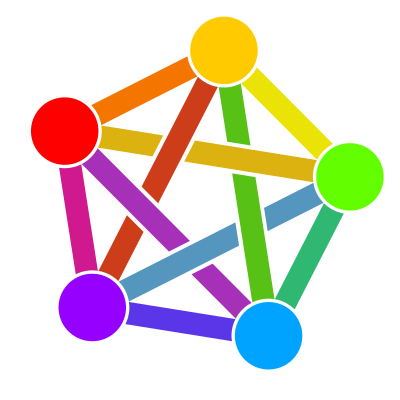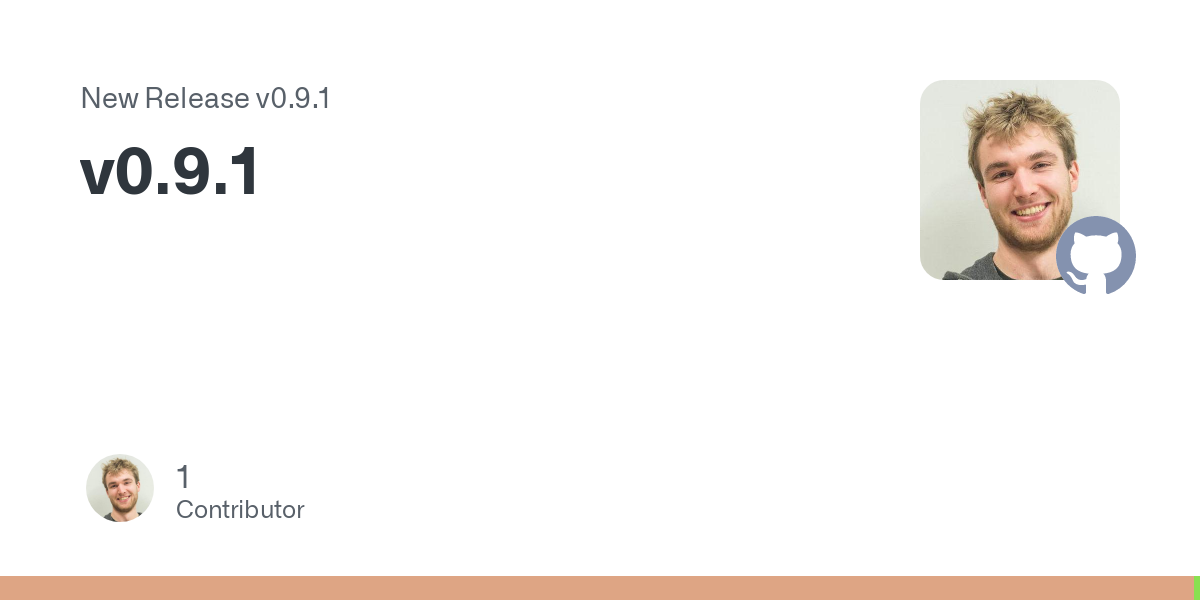Mastodon: https://x0f.org/@stevenroose
- 8 Posts
- 55 Comments

 1·2 years ago
1·2 years agoExactly, I’m also thinking Mercosur’s role in this conflict will be decisive! Or were you talking about the USA that has eaten up the word America?
I agree with your point though, words get eaten up all the time. It’s a very good strategy for capturing the attachment people have with the word. It’s been done with the word democracy as well.

 61·2 years ago
61·2 years agoYou guys are so f*cking screwed 🤷
Maybe you and Dog can become friends 🥹
It’s funny how you assume that structured can only happen with violence. You’re right, an advanced anarchist society would be a real democracy (not a representative democracy like we have today). It would in fact be way more structured than societies today. If a small group of people can’t simply enforce rules on all the others, the bodies that make decisions for the group will have to do a lot more work to make sure they are including everyone in the conversation in order to avoid conflict. It would involve a lot more conversation, deliberation and balancing than our current societies.
I disagree. There can still be a communal security service that resolves conflicts and tries to keep public spaces safe. I read an awful lot about shooting in this thread. I guess that might be a United States of American bias on the web, but still, I don’t understand how y’all think going aboiyt shooting others would be the first in anyone’s minds if they would be free 😅

 11·2 years ago
11·2 years agoThe court found those adolescents as guilty of having pointed out Paty to the murderer.
Pretty wild to go to jail for 6 months for telling someone about your teacher that is showing photos of the prophet. Should everyone who retweeted the Charlie Hebdo cartoon also be charged with complicity them?
The vast majority of humans are actually nice, altruistic and not selfish if you treat them with respect. And hence anarchism would not resolve in everyone killing each other.

 1·2 years ago
1·2 years agoSure that’s in paper. But does he head the state? North Korea is also a democratic republic if you go by the official definition…
I’m from Belgium, which is also a kingdom, but our king has absolutely no power. The state is headed by the federal government, not by the king, in practice. I would imagine that to be the case in the Netherlands too.

 3·2 years ago
3·2 years agoIs this how stats will be reported on the Fediverse?
Came here to read this comment

 1·2 years ago
1·2 years agoWould you argue that the head of the state of the Netherlands is the king? It being written to be so doesn’t mean it is so in practice.

 1·2 years ago
1·2 years agoWait what? In the Netherlands the king forms a coalition? Or is it like in Belgium where the king appoints someone to try make a coalition and if he can’t then appoints someone else. Usually party heads of the parties in decreasing order of number of votes 😅 I guess the only real power the Belgian king has is censoring a party from initiating coalition talks.

 1·2 years ago
1·2 years agoIt’s terminology. I guess they’d be called so today, yes. They wouldn’t be called like that a few hundred years ago when the term democracy first became public. The word democracy actually has a very interesting history. At the time of the founding of the United States of America, the founding fathers were actually motivated in crafting the constitution of the republic by fears of democracy breaking out. The resulting constitution also never mentioned the word democracy in it.

 1·2 years ago
1·2 years agoThe Netherlands isn’t a republic and republic basically just means “not a monarchy”.
A republic means a state with representative democracy. (Not strictly necessarily representative, but it’s hard to even imagine a State system with full democracy.)
You can be a democracy without being a republic and a republic without being a democracy.
Exactly, because a republic isn’t very democratic. What I’m saying is that representative democracy is barely democratic at all. Especially when using systems like majority rule. In most representative democracies today, the general public is barely if at all participating in the government of public affairs. I’m purposefully using the original meaning of the word democracy: government by the people or the people governing themselves. If the only way we can govern is by checking a box on a ballot twice a decade and that resulting in anywhere between 1 and 250 people having full authority over an entire country, I would not call that governing at all. And it shows that in most republics, policy enacted by their governments rarely represent what people actually want and care about.

 1·2 years ago
1·2 years agoDoes he have any effective political power?

 319·2 years ago
319·2 years agoIn a republic*, ftfy. Republics and majority rule in general are not at all so democratic. The vast majority of the population has entirely no input in government.

 6·2 years ago
6·2 years agoSure, but that only works up to a certain point. When they are ignored, voters will get even more annoyed and he might grow towards next election and become impossible to ignore. The same is happening with Vlaams Belang in Vlaanderen.

 2·2 years ago
2·2 years agoJust having allies sell oil for dollars instead of some other currency already helps the US a lot. It’s called seigniorage, the more people use the US dollar, the more they can print without feeling much inflation. The whole gulf war was fought to ensure those countries traded oil in US dollar.
In the last year or two, several countries have traded oil for another currency for the first time in ages. Which is big. With Iran sponsoring Palestine a lot, they might have similar ideas. The Arabs of all people understand the oppressive tactics of the US and their currency.








Which book is that about the Spanish Civil War?
On that topic, George Orwell’s book, Homage to Catalonia, is also very much recommended.